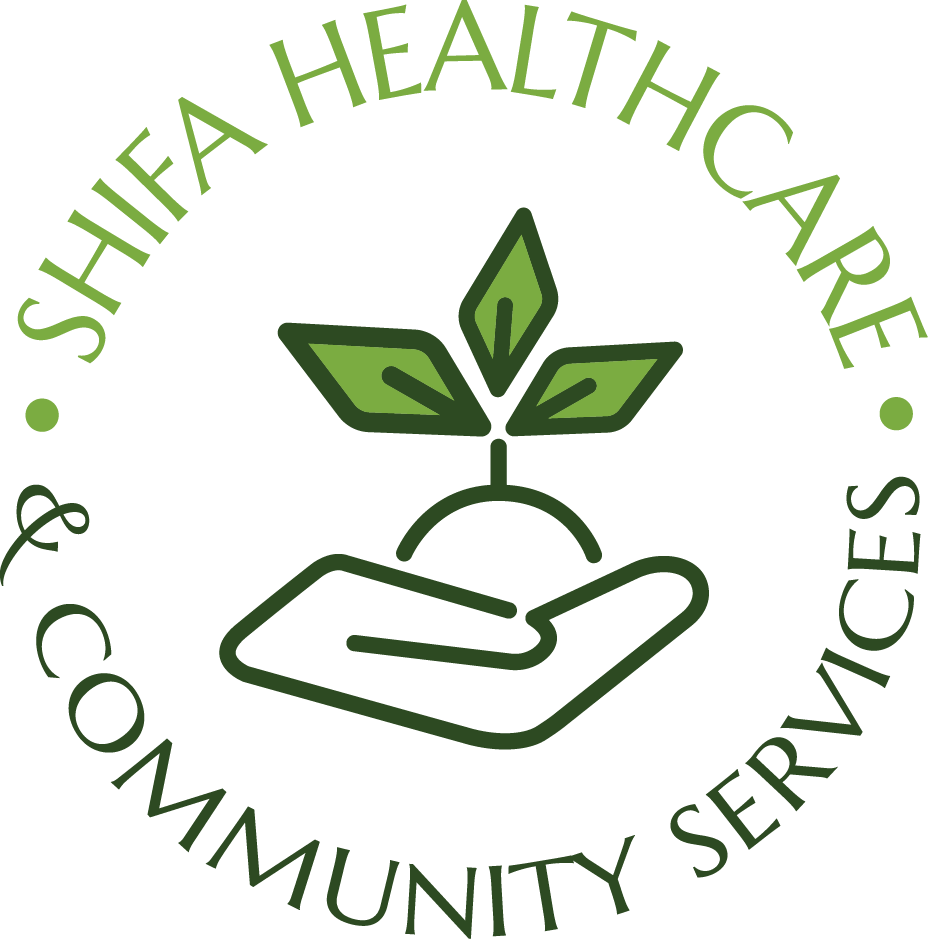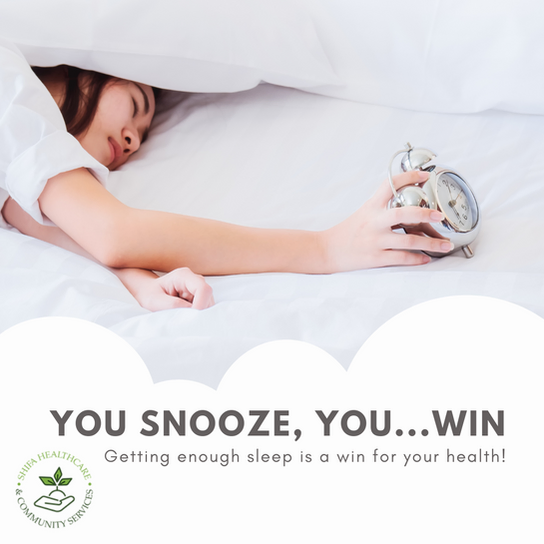Obstructive sleep apnea is a sleep disorder characterized by repetitive episodes of breathing cessation during sleep. This blog will look at the causes, symptoms, and health effects of sleep apnea and what you should do if you suspect you or someone you know might have obstructive sleep apnea.
What is obstructive sleep apnea (OSA)?
OSA is described as repetitive pauses in breathing while asleep that happen as a result of upper airway obstructions that limit the flow of air down to the lungs. When these pauses in breathing, also referred to as “apneas” occur, oxygen levels decrease, and in response the brain tells the body to briefly wake up so that breathing can be kick-started again.
Certain risk factors can make OSA more likely, and these include:
- Being overweight
- Older age
- Being male
- Having a large neck size
- Hypothyroidism
- Smoking
- Having a “crowded” or “narrow” airway which can be determined by examination
- Having a small or receding jaw
- Family history of OSA
Symptoms of OSA
Because of the airway obstruction that occurs, people with OSA often experience loud snoring and may even wake up in the night with the sensation of gasping for air. If you share a bed with a partner, they often notice these disturbances too. Furthermore, because of the repetitive arousals that occur when the body attempts to restart breathing, sleep quality is severely impacted resulting in non-restful sleep, excessive daytime sleepiness, and cognitive dysfunction.
Health consequences of OSA
In addition to wreaking havoc on sleep and causing excessive sleepiness during the day, OSA has been found to be directly tied to cardiovascular health issues such as atrial fibrillation, hypertension, heart attacks, strokes, and more. This is because the oxygen deprivation that occurs with each apnea places immense strain on the cardiovascular system.
What to do if you think you have OSA
If you think you might have OSA, schedule an appointment with your primary care doctor. It is estimated that about 10% of adults suffer from this condition, so you are not alone. Likely, you will be referred to have a sleep study to investigate your sleep further. Given the link between OSA and other serious health issues, it is important to pay attention to your sleep health and be aware of your risk for OSA.
References
Obstructive Sleep Apnea – Adults
Cardiovascular Disease Risk in Obstructive Sleep apnea: An Update.

